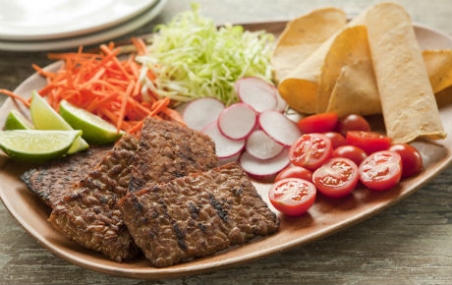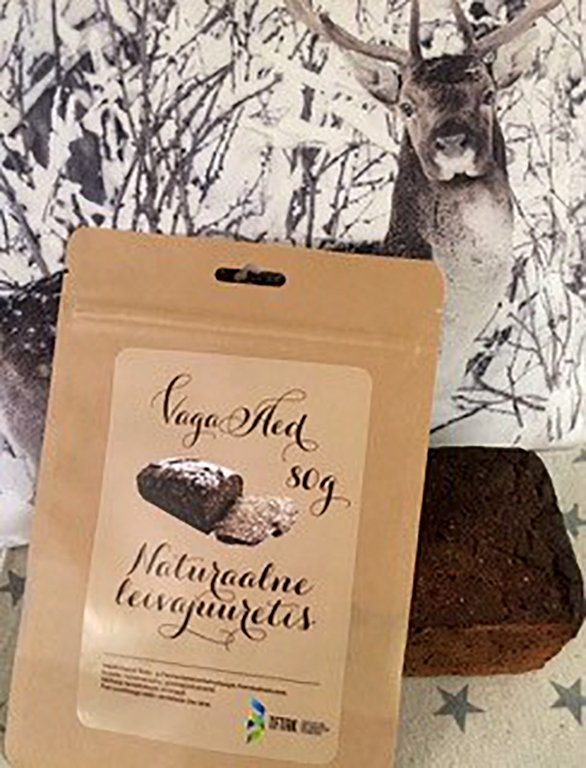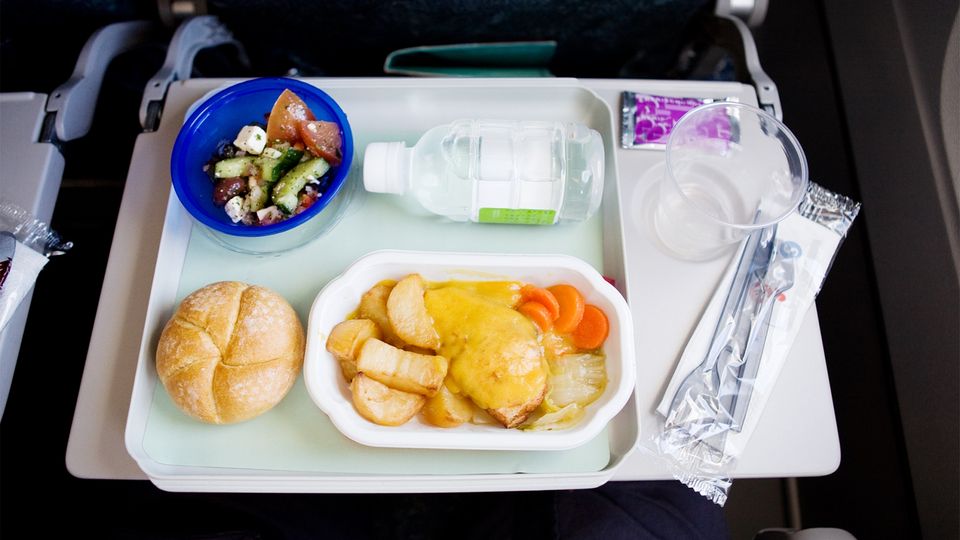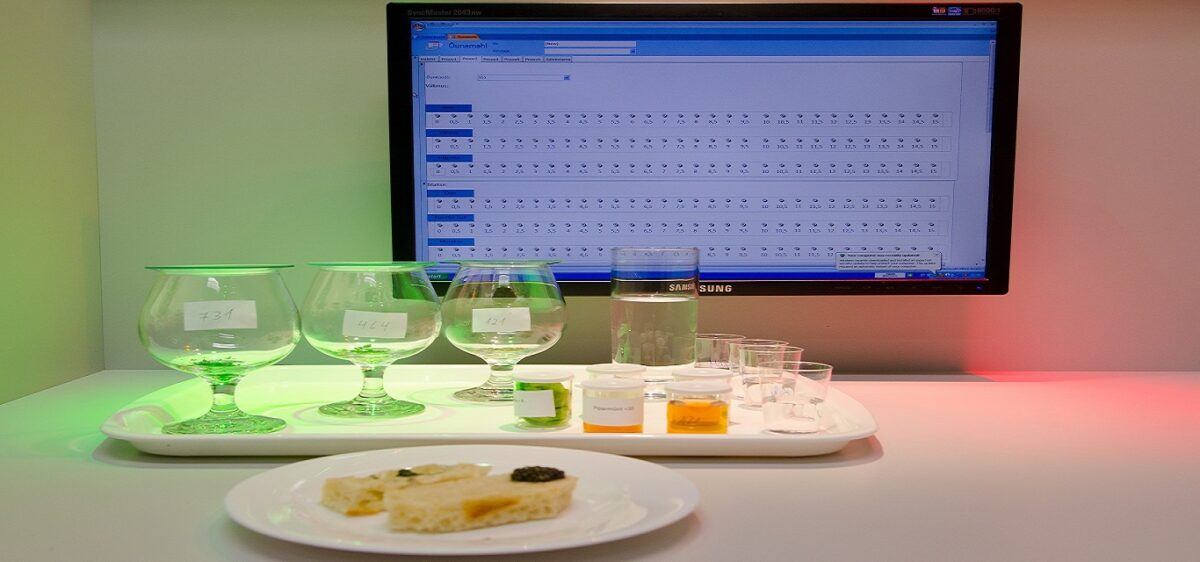TFTAK employee and PhD student Sten Erm will defend his PhD thesis “Use of Mother-Daughter Multi-Bioreactor Systems for Studies of Steady State Microbial Growth Space” May 30, 2017, 14:00 , in TUT Natural Sciences building, SCI-109.
Microbial physiology analysis is important in research and production optimisation and is realised by studying the effect of an array of environmental parameters by means of cultivations. When choosing the cultivation method typically non-steady state batch cultivation is preferred, as it is short in time. However, choosing non-steady state cultivation method can compromise the quality of the physiological state of microbial culture, blurring the effect of the environmental parameter studied. Steady-state cultivation methods (chemostat) provide more precise data but are characterised by long stabilisation times, rendering them unpopular. Quasi-steady state cultivation methods (A-stat) reduce the stabilisation period but do not exclude it.
Herein we describe a concept of steady-state growth space analysis using a bioreactor system, termed the mother-daughter (MD) system, where starting steady state cultivations with no stabilisation period is possible. This system operates by stabilising microbial culture in one reactor (mother-reactor) and distributing the stable culture to other reactors (daughter-reactors). Starting cultivation experiments in the daughter-reactors from the precisely defined physiological state allows instant quantitative physiology analysis. The system is not limited to a single transfer, and it is expected that the physiological state of microbes in the mother-reactor changes in quasi-steady state, by using changestat cultivations. Thus, when physiology analysis in the daughter-reactors is complete and the old culture discarded, they can be re-filled with culture in new physiological state (from the mother-reactor). By repeating transfers and combining different changestat cultivations, the effect of many environmental parameters can be analysed.
For the MD concept to work the physiological state of culture must remain unaltered during the culture transfer process. Statistical comparison of population characteristics of the microbial population before and after culture transfer showed the physiological state did remain unchanged. Further, an A-stat experiment started in the MD system provided statistically equal results to a reference A-stat experiment conducted in a separate bioreactor, showing that growth space scanning experiments are possible in the MD system. Similarly, a recombinant protein production in the MD system coincided well with the same production process undertaken in a separate bioreactor.
To estimate the potential advances of using the MD system we compared a series of theoretical production experiments in separate bioreactors and the MD system. Experiments in the MD system were indeed faster if the number of experiments exceeded the number of reactors in the system. Further, the calculations show that the daughter-reactors should be ~10 times smaller than the mother-reactor to avoid introducing extra time due to the variable volume cultivation needed for biomass accumulation.
In current work, we used the concepts of growth space and physiological state of cell populations to develop efficient cultivation schemes in the MD system. While quantitative analysis of the physiological response to even a few environmental parameters remains a tedious task even in the MD system, the use of it theoretically reduces experiment time. Further, devising experiments in the MD system necessitates thinking about growth space, thus it can be viewed an educational tool as well
Supervisors: Prof. Raivo Vilu, senior scientist Kaarel Adamberg
Opponents:
Professor Peter Neubauer (Berliini University of Technology, Germany)
Professor Juris Vanags (Riga University of Technology, Latvia)
PhD is published at: https://digi.lib.ttu.ee/i/?7630
Source here.







